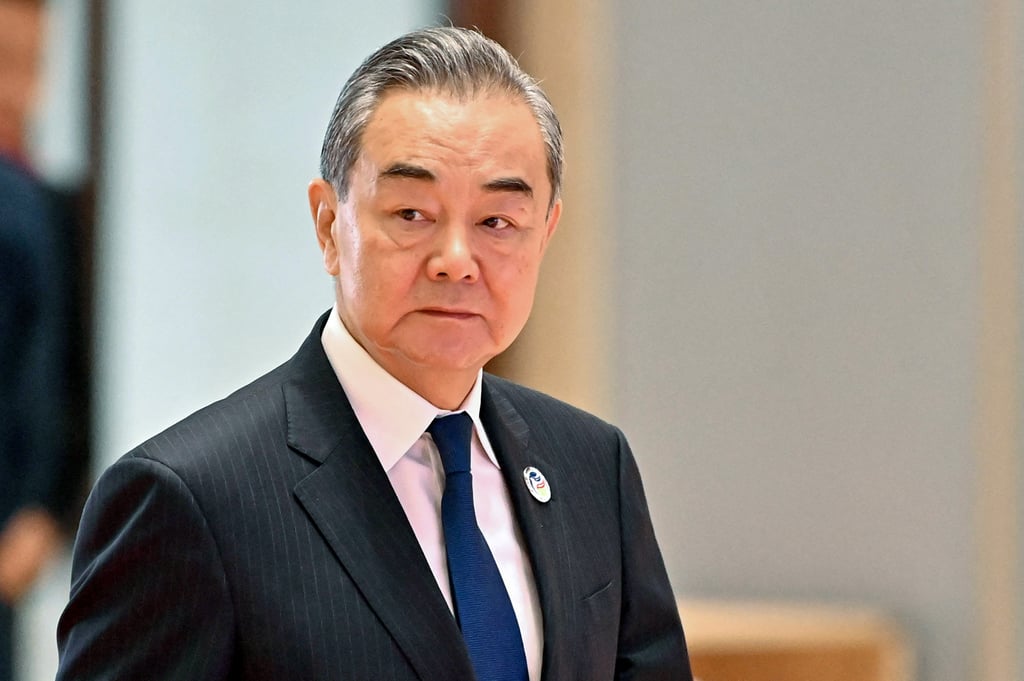
While stressing the importance of communication, the official said American diplomacy and communication channels “do not indicate a change in approach” toward China.
“This is a highly competitive relationship,” she added. “We are committed to making the investments to strengthen our alliances and to taking the common sense steps on technology and national security that we need to take.”
“However, we are committed to conducting this competition responsibly and preventing it from escalating into conflict.”
The upcoming visit underscores the complexity of bilateral relations, which require a balance between diplomatic engagement and competitive tensions.
“It will be up to the next administration to set its China policy and decide how it wants to use some of these communication channels,” she said.
“We can talk about how we want to keep the balance of this government and how we want to shape the transition.”
The senior official also said that the Biden administration’s China policy “is not about changing China at its core,” but rather “about enabling the United States to make the investments and build the alliances we need to succeed and grow stronger.”
“These talks … represent the latest in a series of high-level visits by senior U.S. officials to the region” and have “deepened U.S. engagement with the Pacific Islands,” the State Department said in a statement.

Campbell will lead a U.S. delegation to the Pacific Islands Forum leaders’ meeting in Tonga next week, where he will meet with Pacific island leaders and present the “goals and achievements of the U.S. Pacific Partnership Strategy,” the State Department said.
The State Department’s No. 2 official will then travel to Vanuatu to inaugurate a new embassy in Port Vila, the country’s capital, which will become America’s newest foreign mission.
According to the Global Diplomacy Index, China overtook the United States in 2018 to become the world’s leading country with the highest number of foreign embassies and consulates. In 2023, before the addition of Port Vila, Beijing had 274 missions, while Washington had 271.
Campbell will end his trip on August 30 in Auckland, where he will co-chair the US-New Zealand Strategic Dialogue and launch a “high-level technology dialogue,” according to the State Department.
America’s recent diplomatic activities in Asia suggest that the Biden administration wants to cement its legacy before the U.S. president leaves the White House in January, said Yun Sun of the Stimson Center, a Washington-based think tank.
“Given Sullivan’s focus on the Russia issue, there is an expectation that he will also focus on the situation in Ukraine,” she said of his trip.
“The goal may be more granular in nature than the big goal of ending the war. But I think they want to see what Beijing is willing to offer. If China simply lets the opportunity slip away, that chance may not be there by next January.”
Additional reporting by Mark Magnier in New York and Khushboo Razdan in Washington

